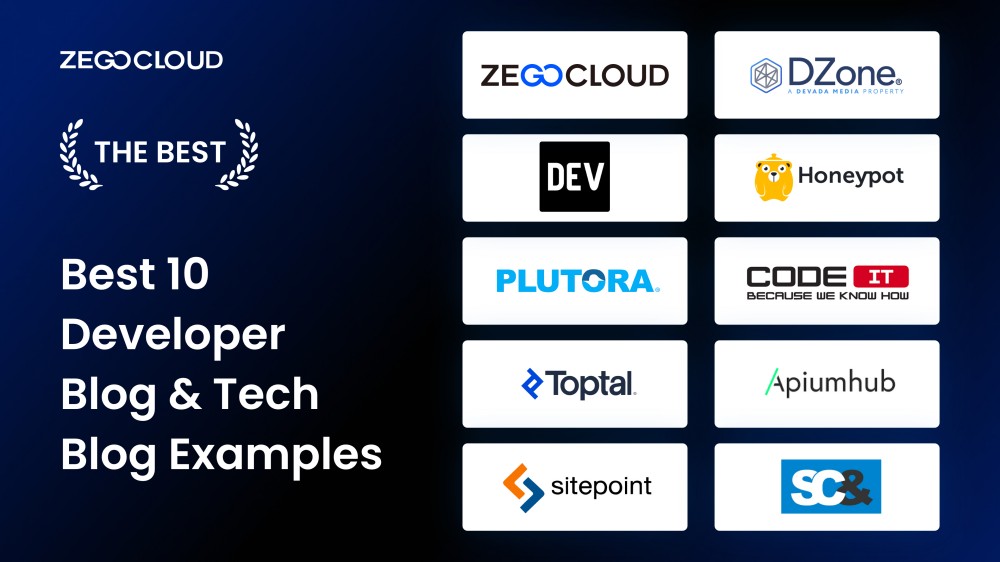Just How Blockchain Innovation Is Revolutionizing Data Safety And Security
Blockchain modern technology is basically changing the landscape of data protection by introducing a decentralized structure that assures boosted openness and strength. Unlike conventional systems, which count on centralized data repositories, blockchain disperses information throughout a network, minimizing vulnerabilities and solitary factors of failure. Using innovative cryptographic techniques guarantees that data remains tamper-proof, fostering count on among individuals and stakeholders. As industries rapidly adapt to this technology, concerns arise about its wider impact and prospective challenges. What ramifications does this change hold for future information protection strategies and regulatory frameworks? The responses may shock you (Best tech blog).
The Essentials of Blockchain
Blockchain modern technology, an advanced principle in electronic data management, fundamentally transforms exactly how details is saved and secured. At its core, a blockchain is a dispersed journal that videotapes purchases across a network of computer systems, making sure transparency and immutability. The innovation operates a chain of blocks, each having a checklist of deals. When a block is loaded, it is time-stamped and linked to the previous block, creating a chronological chain.
Secret to understanding blockchain is the hashing process, which encrypts transaction information right into an one-of-a-kind alphanumeric code. This cryptographic function makes sure that any type of modification in the transaction data results in a completely different hash, thereby safeguarding versus meddling. The agreement mechanism, another critical element, confirms and confirms brand-new deals with a network of nodes, thereby removing the requirement for a central authority.
Furthermore, blockchain's append-only framework ensures that data, once included, can not be erased or modified. This particular assurances a long-term and verifiable record of deals, cultivating trust fund among participants. As a result, blockchain provides a durable framework for information integrity, using markets a trusted approach for tracking and handling digital details in a secure, clear fashion.
Decentralization and Safety And Security
Decentralization, a core principle of blockchain innovation, significantly enhances data safety by dispersing control across a network rather than relying on a single, centralized entity. By spreading data across many nodes, blockchain makes certain that also if one node is endangered, the whole network stays secure.

Each participant in the network has accessibility to the whole blockchain, allowing them to verify and audit deals separately. Overall, decentralization is crucial in boosting data safety and security in blockchain networks.

Cryptographic Methods
At the heart of blockchain technology, cryptographic techniques play an essential role in protecting information, ensuring both privacy and integrity. Cryptography in blockchain uses a combination of symmetric and asymmetric algorithms to encrypt information, making it easily accessible only to licensed celebrations.
Hash functions are another essential part, transforming input data right into a fixed-size string of personalities, efficiently creating a special electronic finger print for each and every block. This ensures that any type of attempt to alter the data will certainly result in a completely different hash, hence preserving the immutability of the blockchain. Moreover, digital trademarks confirm the authenticity and stability of transactions, providing a layer of non-repudiation.
The decentralized nature of blockchain, integrated with durable cryptographic techniques, eliminates the demand for intermediaries, lowering prospective vulnerabilities. As blockchain innovation develops, developments in cryptography such as zero-knowledge proofs and homomorphic encryption remain to boost safety and security procedures, even more fortifying information defense in this cutting edge digital ledger system.
Usage Instances Throughout Industries

In the medical care market, blockchain makes sure the secure storage space and sharing of person records, promoting interoperability while safeguarding sensitive information from unapproved access. This technology equips individuals with control over their medical background and helps with smooth control among health care companies.
Supply chain administration benefits considerably from blockchain's unalterable ledger, which guarantees traceability and credibility of items from origin to customer. By improving transparency, blockchain helps reduce concerns such as counterfeiting and dishonest sourcing.
Furthermore, blockchain's decentralized nature is reshaping the energy field by making it possible for peer-to-peer power trading, where customers can acquire and market excess renewable resource directly. This fosters a more sustainable and effective energy ecosystem.
In the realm of copyright, blockchain offers a tamper-proof platform for creators to register and safeguard their jobs, guaranteeing rightful acknowledgment and reasonable compensation. These varied use instances underline blockchain's role as a pivotal pressure in redefining information safety and security across sectors.
Future of Information Defense
As we want to the future of information defense, blockchain modern technology is poised to play a crucial function in securing digital information. With its decentralized and immutable attributes, blockchain provides a durable structure for securing delicate information against unapproved accessibility and cyber hazards. This technology guarantees that as soon learn this here now as information is videotaped, it is nearly difficult to change without discovery, hence supplying a considerable advantage over conventional information storage methods.
The combination of blockchain with other innovative technologies, such as expert system and the Net of Things (IoT), is expected to improve information security strategies further. By leveraging smart agreements, companies can apply and automate safety and security protocols, lowering human mistake and increasing performance. Additionally, blockchain's capacity to give traceable and clear purchases will certainly boost trust fund and responsibility in data management practices.
As governing landscapes develop, blockchain's compliance-friendly nature will end up being significantly appropriate. It can aid companies satisfy strict data security laws, such as the General Information Security Policy (GDPR) and the California Customer Personal Privacy Act (CCPA), by giving proven records of data handling tasks. Inevitably, blockchain's special qualities setting it as a transformative device in the continuous quest to safeguard the electronic globe versus ever-evolving cyber risks.
Conclusion
Blockchain innovation represents a standard change in information safety and security by leveraging decentralization and cryptographic strategies to enhance openness, trust, and information stability. As cyber risks advance, blockchain emerges as an important tool for durable learn the facts here now data protection throughout numerous industries.
Blockchain innovation is basically changing the landscape of data protection by introducing a decentralized structure that guarantees enhanced openness and strength. Unlike traditional systems, which depend on centralized data databases, blockchain distributes information across a network, lessening susceptabilities and solitary factors of this article failure.Decentralization, a core principle of blockchain modern technology, dramatically boosts data safety by dispersing control throughout a network rather than counting on a single, central entity.At the heart of blockchain technology, cryptographic strategies play a critical function in securing data, ensuring both confidentiality and integrity.Blockchain technology stands for a paradigm change in data protection by leveraging decentralization and cryptographic techniques to boost transparency, depend on, and information honesty.